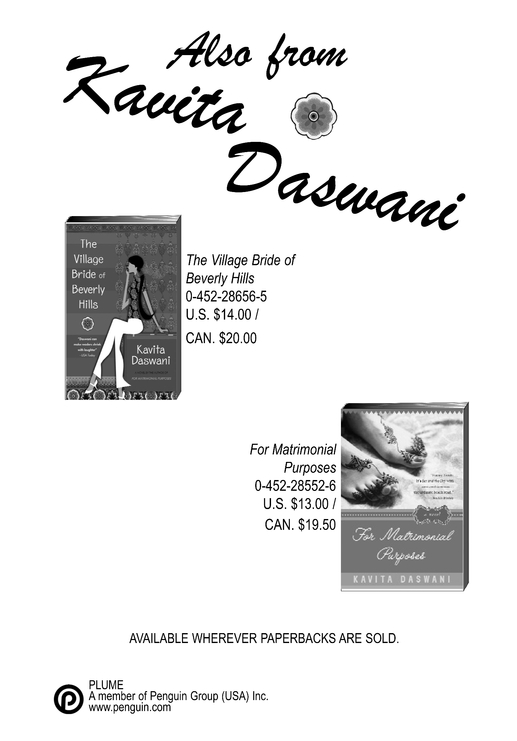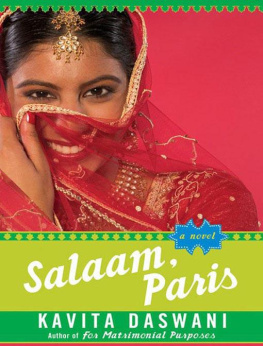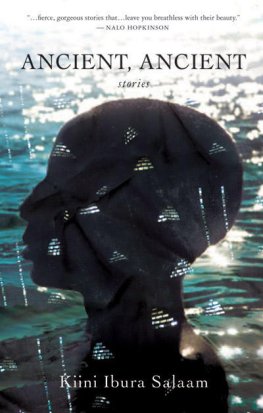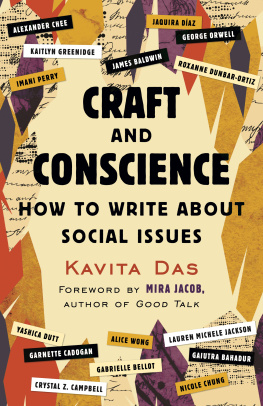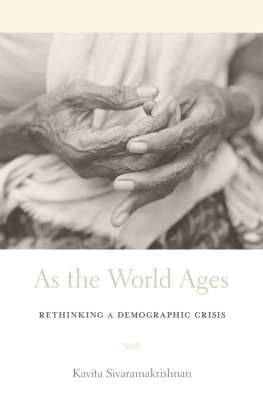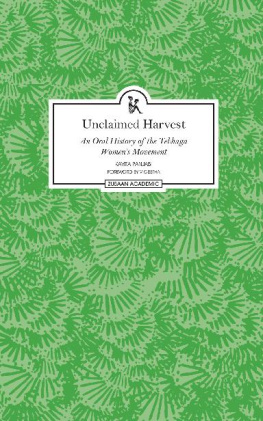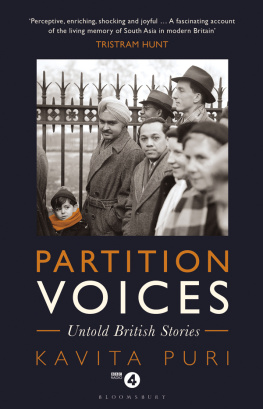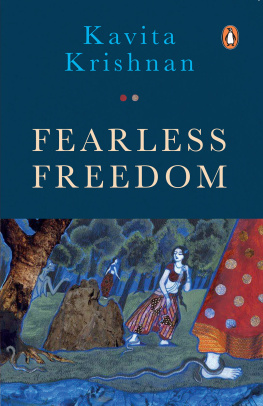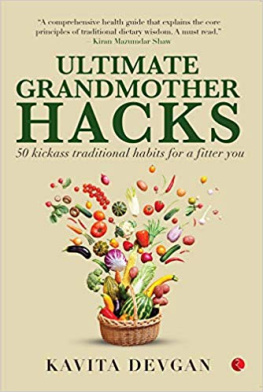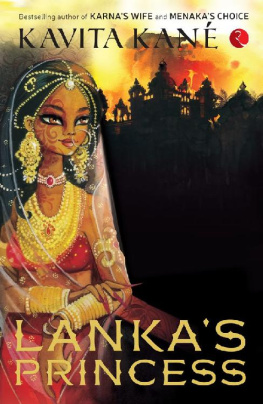A PLUME BOOK
SALAAM, PARIS
KAVITA DASWANI is the author of For Matrimonial Purposes and The Village Bride of Beverly Hills (both available from Plume). She has been a fashion correspondent for CNN, CNBC Asia, and Womens Wear Daily, has written for the Los Angeles Times and the International Herald Tribune, among many other publications, and has been the fashion editor for the South China Morning Post in Hong Kong. A native of Bombay, she now lives in Los Angeles.
Chapter One
If there had ever been such a thing as a Miss Muslim contest, all but one of the women in my family would have won it.
My great-grandmother was named Sundariwhich means, simply, beautiful in Hindi. Her daughter, my grandmother, was blessed with the moniker Abha, which translates even more vividly into lustrous beauty. One aunt is Gaurafair-skinned and another Sohaliamoon riverto describe the luminescence of her face. They were the beauties of their eras, each one sought out by a man who was prominent and powerful enough to win their hearts.
All of them, except my mother.
Had a Miss Muslim contest ever existed, the beauty-pageant baton that would have been passed on from generation to generation would have stopped at her. Which is why when I was born, Parvez, the midwife who had delivered me at our home in the Mumbai suburb of Mahim, went running through the streets of our neighborhood, joyous and jubilant.
He has listened! Parvez yelled out to all. Allah has visited his blessings on the Shah family once more! This child is most divine!
They decided to name me Tanayawhich means child of mineand the choice of which came as a great surprise to our relatives. After all, most of the women in my family had been graced with names that signified good looks. And here was I, signifying nothing but ownership.
Evil eye, my grandfather muttered when my aunt Gaura wondered out loud why I couldnt be named something more symbolic. Yes, she is fair and dimpled and sweet. But we have been cursed before.
My mother, I was told, sobbed and turned her eyes away as I tried to suckle on her breast. But she instead handed me over to Gaura who had borne a son just eleven days earlier, and who would breastfeed me instead of my own mother.
As a young girl, I had no concept of being attractive. When I looked in the mirror, I saw only a girl who had few friends, a strict grandfather, a grandmother I had loved dearly but who had died when I was not quite seven, a mother who seemed sad most of the time, and a father I had never known.
It wasnt until I was thirteen that I began to notice that I looked a little different compared to other girls my age. I was taller than everyone else in my class; and even without the benefit of braces, regular skin-whitening treatments, or eyebrow threading sessions, none of which my grandfathermy nanawould ever agree to pay for, people always stared at me, men sometimes longingly. Around then, my nana stopped putting his arm around me as we watched TV on the couch or holding my hand when we went out to buy sticky pink candy from the street vendors or helping me brush my hair at night. When I turned thirteen and my breasts started to blossom and hair appeared in the unlikeliest places, I stopped being my nanas little girl.
It was at about this time that the first sign of my hereditary signature began to appear. All the women in my family, with the exception of my mother, were known for their Shah streak, a swath of silver-gray across the hairline. It looked like the stripe on a raccoons tail, a brush of moonlight against a dark night sky. It was, singularly, what had defined almost all of my maternal ancestorsa quirk of nature that graced us virtually without exception, leaving only my mother out. On me, it sprouted tentatively initially, then bloomed. When the first strand came, my aunt Gaura kissed me on the cheek, telling me that in our family, it was considered a mothers blessing, and the more it grew, the more munificent the maternal goodwill. Being that as it may, I had hoped, somewhat naively, that with the appearance of the streak my mother might finally love me a little more.
As my Shah streak grew in and my breasts developed and my stature altered, I was, at fifteen, now as tall and slender as my aunts. My grandfather forbade me from using the public bus to go back and forth from school, knowing about the body-grazing and flesh-pinching that most of the women aboard had to submit to. Whenever he could, he would come by auto-rickshaw to drop and fetch me, rarely letting me out of his sight.
You are a young woman now, he said to me when I was sixteen. You have nothing else to offer except the face that Allah has blessed you with. Men of poor moral standing will start to think things when they see you. I believe it is time to settle your mind on the only role you have in this world: a pretty and quiet wife and a devoted mother. Remember that, and you will always be happy.
And I had had no reason not to believe him.
Every teenage girl has a turning point, a time when she realizes that she is more than just the sum of the expectations of her. I finally reached that point two days shy of my nineteenth birthday.
My friend Nilu, who always read copies of Teen Cosmo that her brother in London would send her and that she would keep hidden beneath her mattress, would often invite me over to flick through the pages of her latest arrival, to laugh as we scratched and sniffed the fragrant folds of paper with their free perfume samples. On that day, we both stared at the cover of the June issue, on which was a photo of a strikingly skinny girl with long brown hair that seemed to have been partly painted gold. A wind from somewhere blew open her white shirt, revealing a bright pink bra, a tiny diamond sparkling in her belly button. She had her thumbs in her jeans pockets, a glossy pout on her lips, eyes painted silvery purple. She was beautiful, and, from what Nilu and I read of her inside the pages, she was rich and famous, tooa young actress in Hollywood, the words on the page calling her the next Julia Roberts.
Why? Where did the old one go? Nilu asked, looking up at me as I shrugged.
You know, Tanaya, you are as pretty as this girl, Nilu said, sitting up on her bed and crossing her legs. In fact, prettier I think. There is nothing she has that you dontexcept maybe a jewel in your stomach. She laughed and pushed her glasses, which were sliding down her nose, back up to her eyes. I dont see why you cant do this, she said, pointing to the pouting girl again.
Stop being silly, Nilu, I said, getting off the bed.
I finished the last of my cola and headed home. But from that day on, I will have to admit, I started looking at myself in the mirror quite differently: as an image of my aunts and all the other attractive women in my family who had gone before me.
Even when I started to realize my own beauty, I never saw my mother as anything less than perfect. She was forlorn, yes, but how could she not be, with a husband who had left her two months after their wedding and seven months before I was born? For most of my childhood, she had been placid, as if nothing vibrant or wild had ever lived behind those deadened eyes, as if in taking away his love, the father I had never known also took away my mothers very life. It seemed that nothing ever aroused her, excited her, or even saddened her. She was a nebulous character, always in the background of my life, serving no greater purpose than making sure that I ate what was on my plate and that I read the books I brought home from school.
